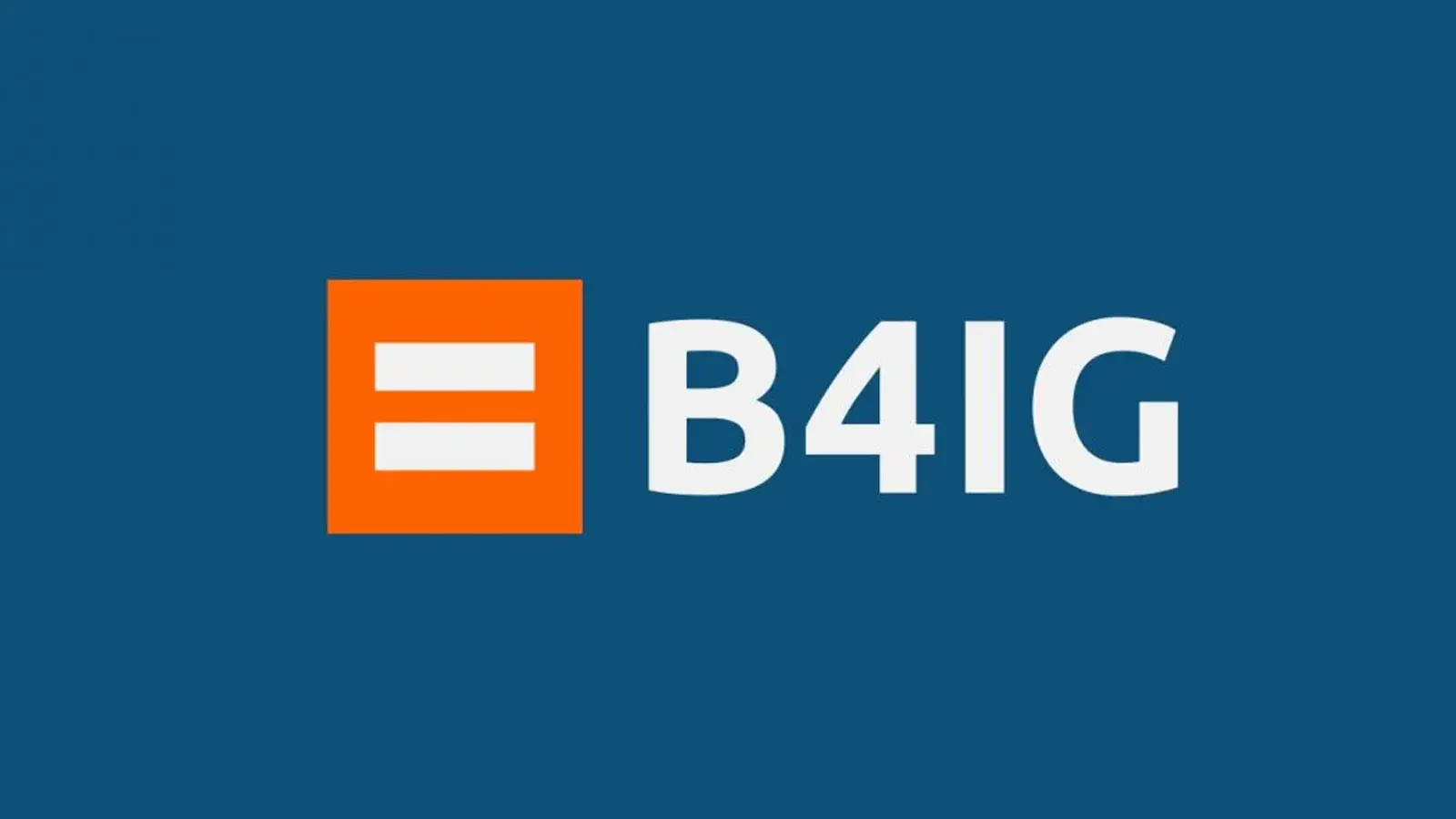The B4IG companies are standing up for human rights and leading the way for an inclusive recovery. The B4IG coalition welcomes the European Commission’s forthcoming legislative proposal on mandatory human rights due diligence and proposes a set of considerations for the EU-wide legislation.
Paris – December 10, 2020 – During the annual B4IG Board meeting, co-chaired by Angel Gurrìa, Secretary General of the OECD, and Emmanuel Faber, Chairman and CEO of Danone, the members of the B4IG coalition adopted a statement on a European framework on mandatory human rights due diligence.
The statement welcomes the announcement that the European Commission will present a legislative proposal on mandatory human rights due diligence and proposes a set of considerations for this EU-wide legislation.
Launched by the French G7 Presidency in August 2019, Business for Inclusive Growth (B4IG) is a CEO-led coalition of 40 major global companies fighting against inequalities of income and opportunity. Powered by the OECD as its Strategic Partner, B4IG coordinates with governments to advance inclusive growth at both local and global levels.
The unprecedented COVID-19 crisis has exacerbated existing inequalities and discrimination and ensuring respect for human rights through responsible business conduct is more necessary than ever. The B4IG coalition favor a harmonized and mandatory EU-wide legal framework that would create a competitive level-playing field, holding all business to the same standard, and provide business with more leverage to deliver on human rights advancement.
Building on individual and collective experiences, member companies are setting forth eleven considerations for the EU as it develops its legislative proposal. Read them in the full statement below.
B4IG statement on a European framework on mandatory Human Rights due diligence
We, the undersigned Business for Inclusive Growth (B4IG) member companies, welcome announcements that mandatory human rights due diligence (HR DD) will form part of the European Union’s (EU) sustainable corporate governance legislative initiative.
The unprecedented COVID-19 crisis the world is facing has exacerbated existing inequalities and discrimination. Human rights risks are more prevalent and the most vulnerable individuals in society are suffering the worst impacts of the crisis. This crisis has reinforced the essential role of Responsible Business Conduct (RBC) for building trust, resilience, and setting the foundation for a more inclusive social model.
As the respect for human rights is core to our way of doing business, we are already working to advance human rights in our direct operations and in our supply chains, both individually and collectively, through B4IG and other initiatives. As a number of EU member states have voted or are discussing legislation on mandatory due diligence, we welcome a harmonized EU-wide legal framework, which would increase legal certainty for all business, create a level playing field, holding all business to the same standard and provide business with more leverage to deliver on human rights advancement. This new framework should complement, and not replace, the state duty to respect, protect and fulfil the human rights of individuals as per international human rights law obligations.
We invite inclusion of the following considerations in the EU-wide legislation pertaining to HR DD[1]:
- Future EU HR DD legislation should be explicitly based on the international standards of the UN Guiding Principles on Business and Human Rights (UNGPs), the OECD Guidelines for Multinational Enterprises, the OECD Due Diligence Guidance for Responsible Business Conduct, and the UN and ILO conventions underpinning them.
- Under this framework, companies should be expected to demonstrate that they are taking reasonable, good faith steps to prevent and address human rights impacts that they are or could be involved with through their own activities or their business relationships across the value chain.
- These expectations should apply to potential or actual impacts on all internationally recognized human rights.
- In order to ensure a level playing field and systemic change, mandatory HR DD legislation should cover all companies, including small and medium-sized enterprises, and state-owned enterprises. The means through which a business is expected to meet this responsibility should be proportional to its size, but also prioritized according to the severity and likelihood of the potential or actual human rights impacts.
- A mandatory HR DD framework should require robust HR DD processes that are fully embedded in governance and company culture. Boards should notably monitor the progress of implementation of HR DD processes.
- The legislation should address the responsibility of businesses to provide remedy where a business causes or contributes to human rights harm, while bearing in mind the role of the State in setting the foundations for effective remedy.
- A mandatory due diligence framework should reflect a risk-based approach, continuous stakeholder engagement, and public communication of due diligence efforts.
- The legislation should allow for progressive improvement where good faith is demonstrated and sufficient but not excessive time within which companies should establish or improve due diligence processes and systems.
- Mandatory HR DD should support collaboration between companies, particularly through the coalition model, and with public institutions, non-governmental organizations and trade union partners, from the design of policies to the remediation of situations where impacts have occurred.
- Finally, the EU should strengthen synergies with other policy areas, in particular trade, in order to ensure global level-playing fields and foster enabling environments for the advancement of human rights at the global level.
As B4IG companies, we are already working to build more inclusive business models, and some companies have defined in more detail their positions on human rights legislation. We stand ready to support the development of legislation on mandatory human rights due diligence through open dialogue with EU policymakers, public institutions, civil society and trade union partners, and to make further contributions to the development of the legislative initiative.
[1] In part drawing from AIM-Progress recommendations.
Press contacts
- Karina Galvez – karina.galvez@elanedelman.com / +33 (0) 6 26 09 01 54
